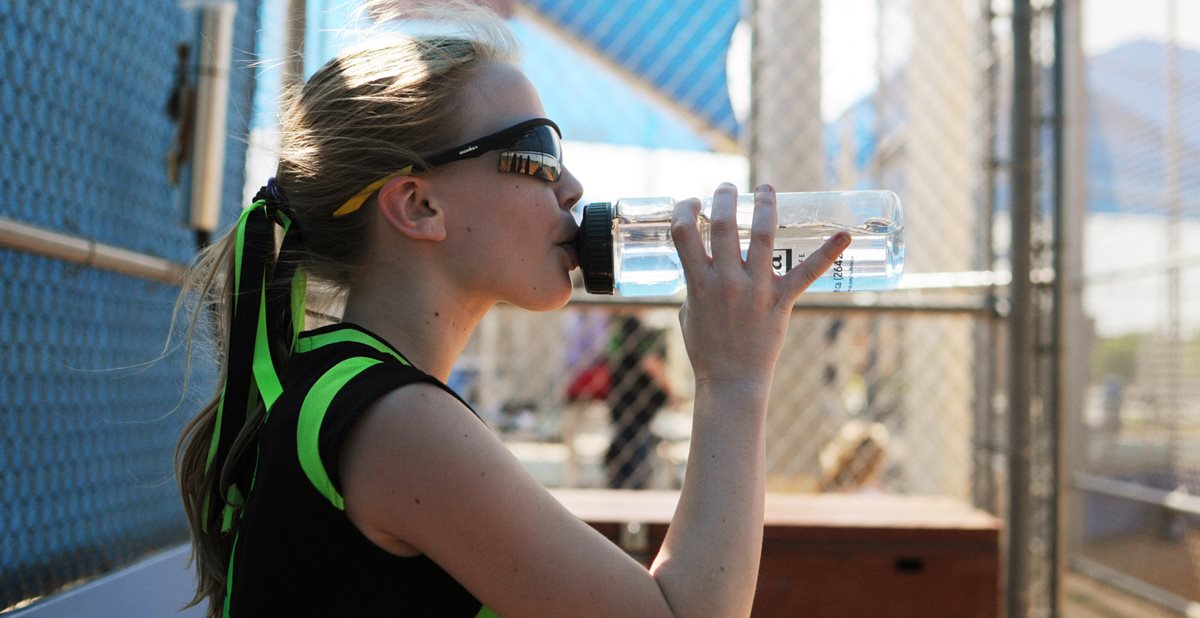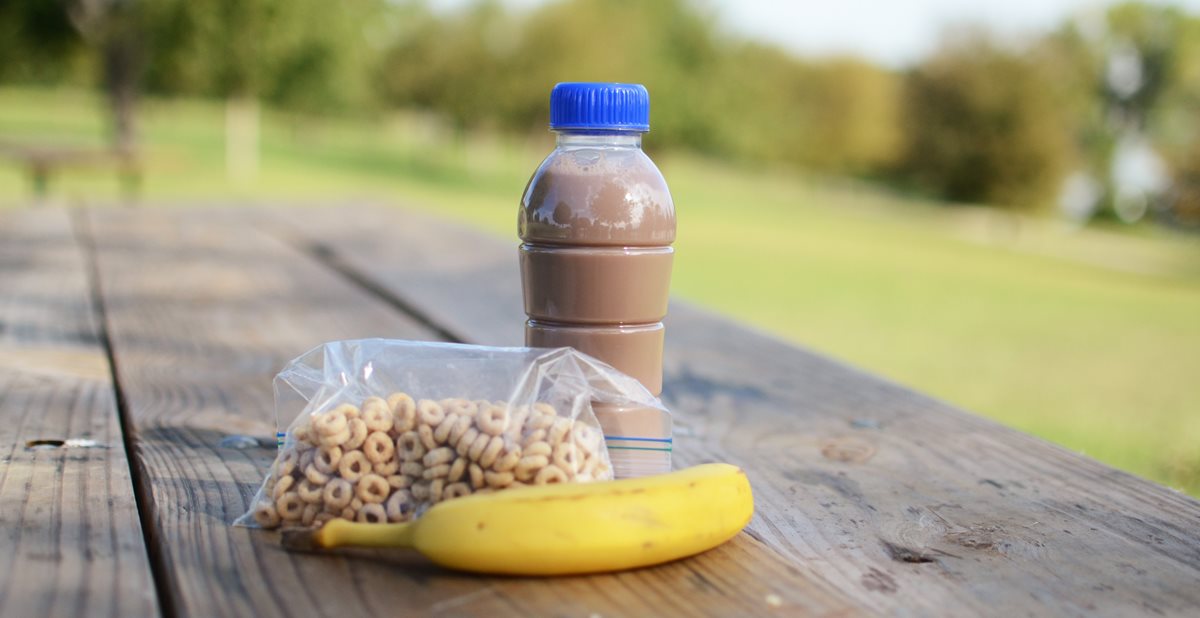Do Kids Need Sports Drinks to Stay Hydrated? When your kids are out of school for the summer, you want them to have plenty to do. Day camps, sports leagues and time at the swimming pool are all great ways to keep your kids active (and off their screens). However, if...



